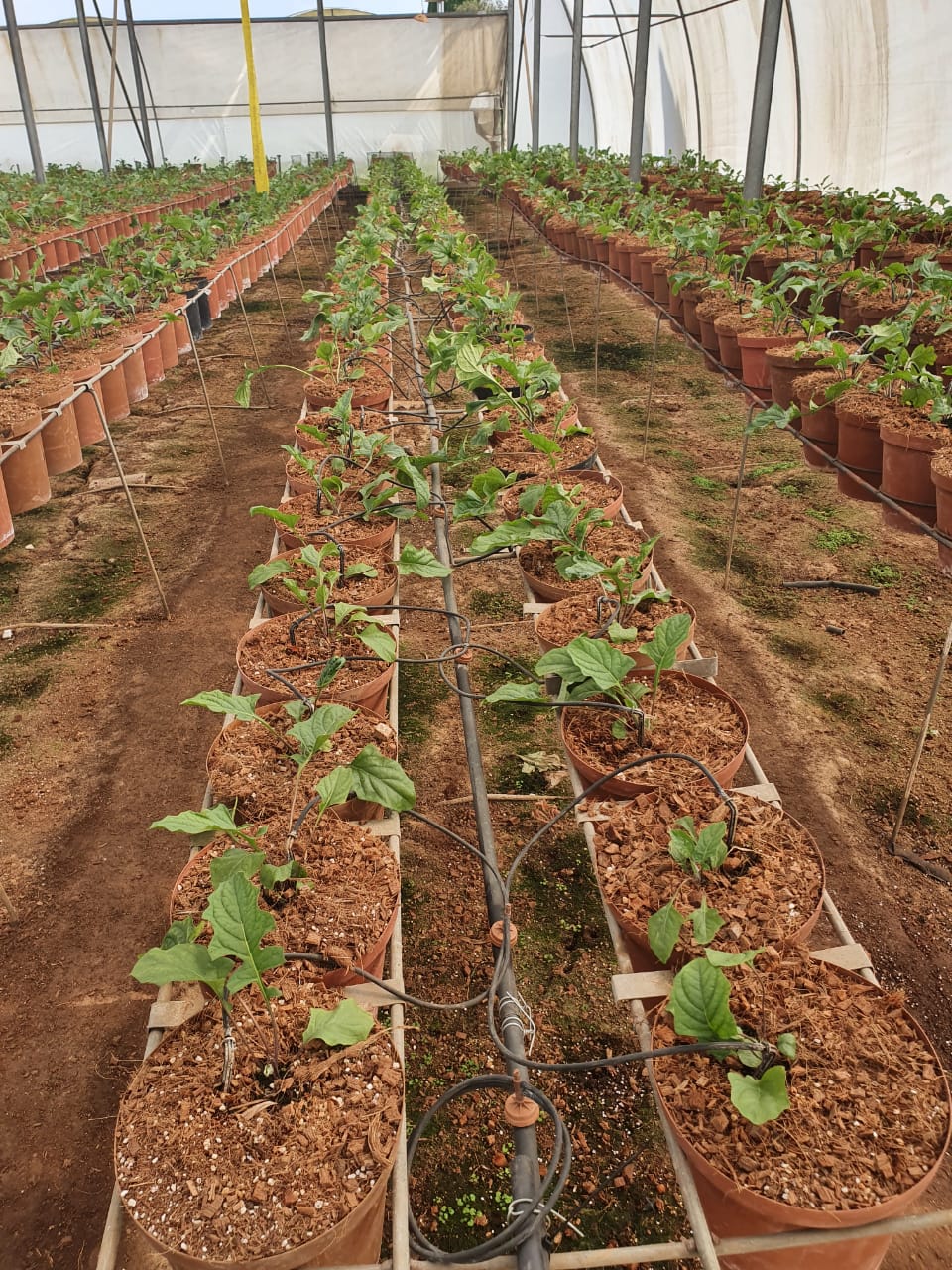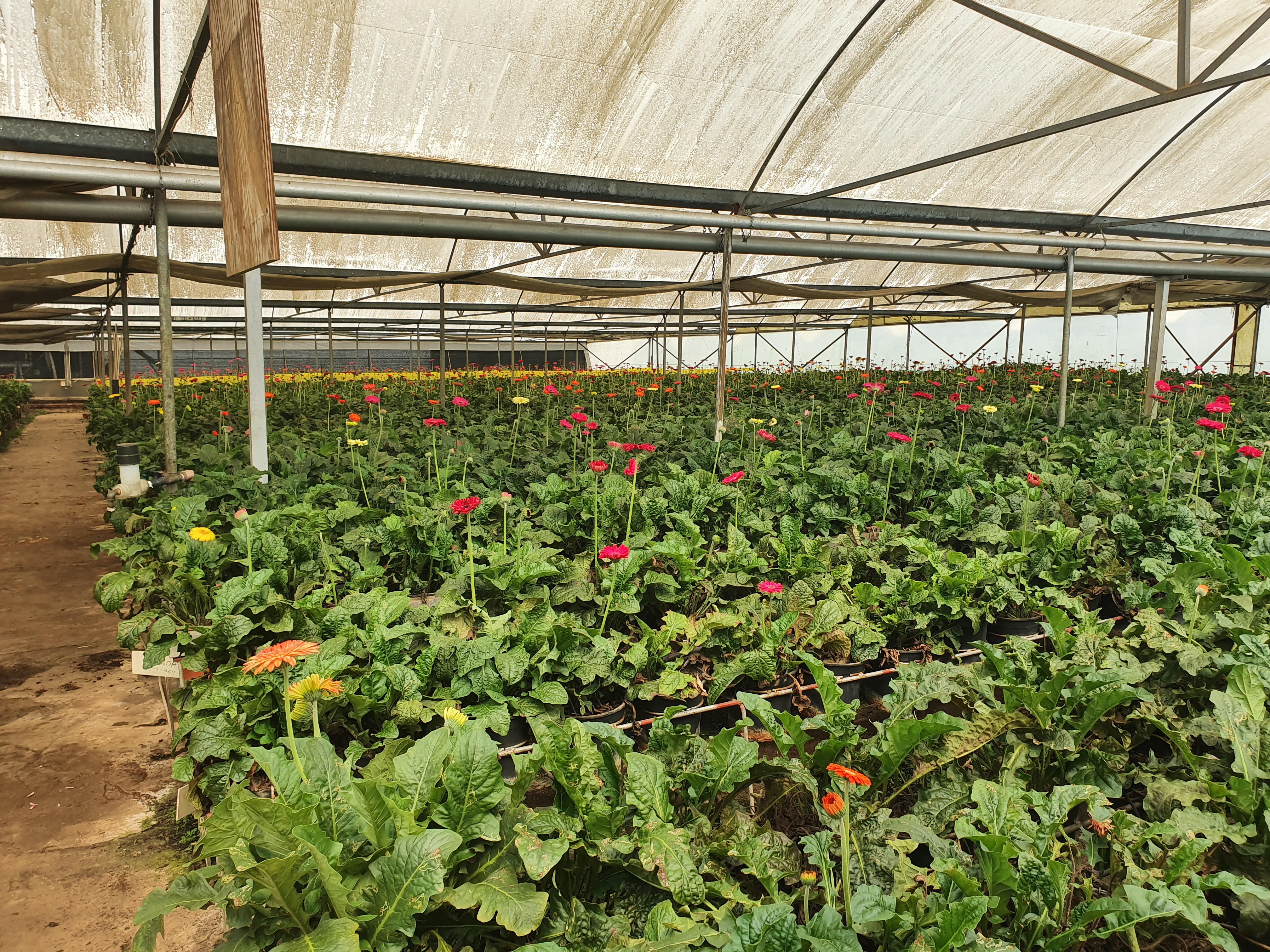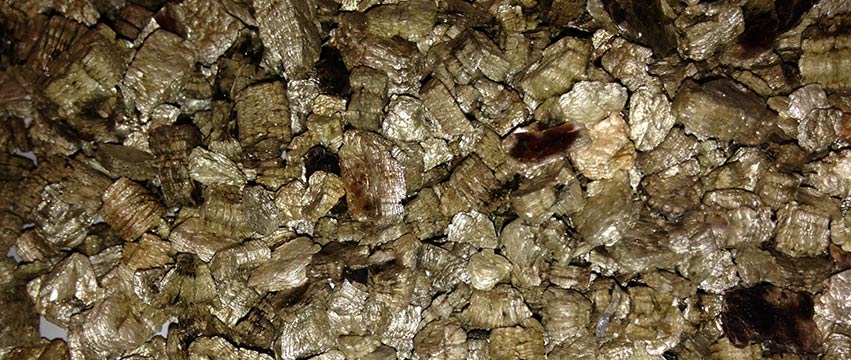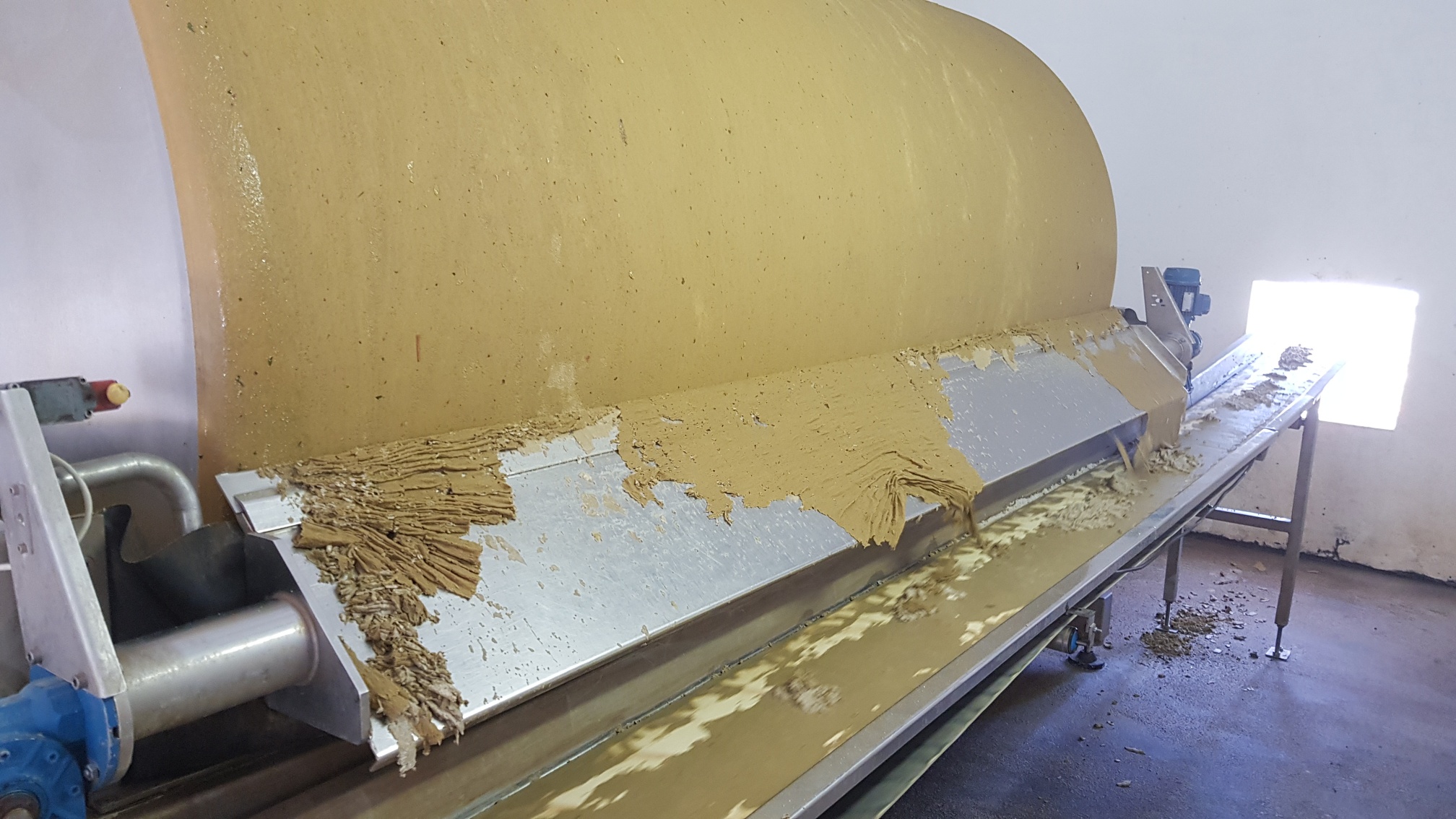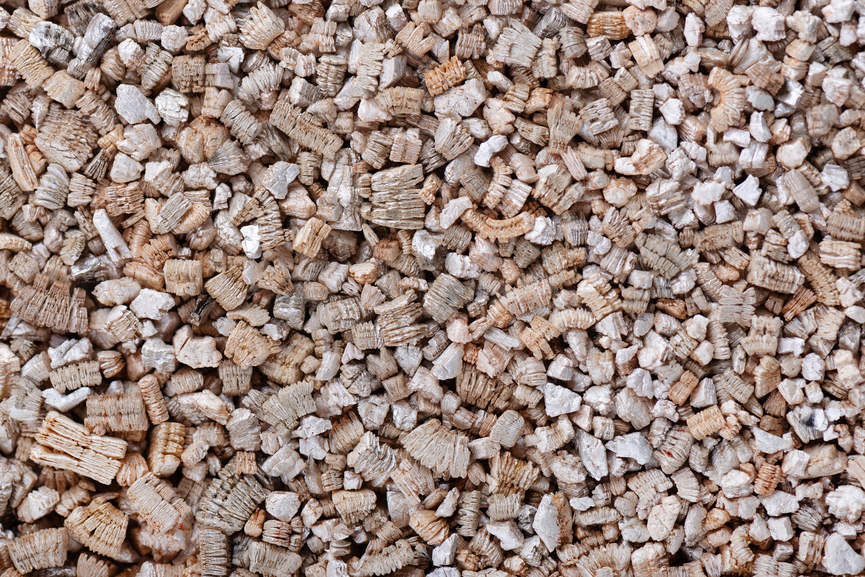INMIM PROCESS EQUIPMENT – DESIGN AND MANUFACTURING
INMIM is a privately owned company that forms part of the MetteQ group, a group of companies that mine, process and manufacture a variety of high-tech products. The group works from their head office in Wadeville Germiston where the use of the common infrastructure, ensure high quality products at competitive prices.
INMIM was formed after engineers in the group had the need to design their own processes and build tailor made equipment due to high design and manufacturing costs of specialised equipment
The company is owned by a father and son team; both being metallurgical engineers from the University of Pretoria.
Over and above the experience gained in their own businesses, their experience includes experience of the vanadium, ferro chrome, ferro manganese, coal, aluminium, iron & steel, chromite and PGM industries. The experience includes not only process management but also design, construction and project management
INMIM specializes in innovative design, equipment manufacturing, process design & optimisation, manufacturing & commissioning of industrial equipment.
INMIM focuses on small and medium sized companies that need cost effective and purpose made equipment. INMIM is committed to service, quality & efficiency and strives to exceed your expectations.
Equipment is designed in-house on 3D software enabling the customer to visually inspect products before manufacturing commences and allows products to be modified to the specific process requirements.
3D CAD DESIGNS
INMIM Process improvement and design
With a team of metallurgical and mechanical engineers INMIM is well equipped to develop and improve processes INMIM can measure and evaluate process parameters to determine the design criteria required for the client’s equipment requirements.
This process evaluation includes measuring: air flow, humidity, temperature and mass flow, just to mention a few. Complete process design service is also conducted where required.
INMIM Mission
To design and manufacture equipment and processes to the highest standard exceeding our client’s expectations in quality, delivery and cost.
INMIM Vision
To become an internationally recognised equipment, process design and manufacturing company specialising in process improvement and automation.
Manufacturing and quality control
Equipment is manufactured to industry standards and client requirement, special finishing can be applied to any equipment parts, for example powder coating, galvanising, sand blasted and painted etc.
Manufactured equipment undergoes inspection & testing before delivery this ensures the product meets design specification resulting in sound quality & client satisfaction. Once equipment is manufactured installation and commissioning can be provided.
INMIM also provides complete process control systems, tailor made for each process.
Products previously manufactured include, but are not limited to:
♦ Bagging systems ♦ Dust collectors ♦ Screw conveyors ♦ Impact crushers
♦ Concrete mixers ♦ Concrete pumps ♦ Ribbon blendersProduct coolers ♦ Rotary kilns/driers
♦ Air cyclone separators ♦ Classifiers ♦ Electrical control panels ♦ Coal stoker heating systems
♦ Exfoliators ♦ Fume/dust extractors ♦ Screening ♦ Sampling systems
Using INMIM ensure that your project is designed for the required purpose while ensuring the lowest cost of ownership.
For more information, please contact INMIM or visit our website www.sunsilicates.co.za/equipment-manufacturing/

